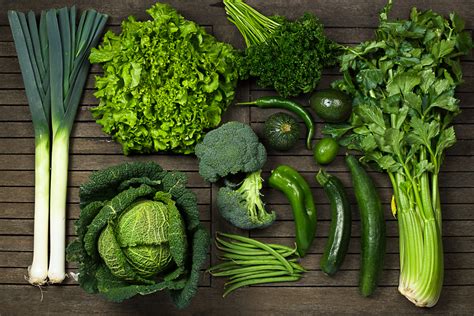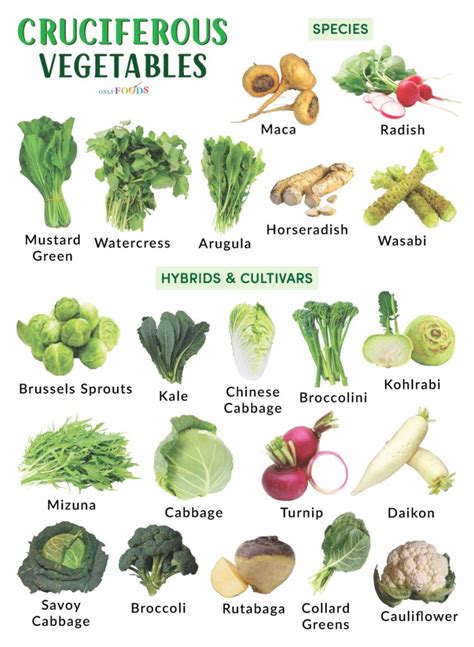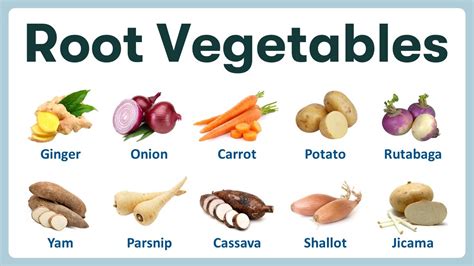Intro
Discover the best vegetables to eat daily, including leafy greens, cruciferous, and root veggies, for a nutrient-rich diet and optimal health benefits.
Eating a variety of vegetables daily is essential for maintaining a healthy diet and preventing chronic diseases. Vegetables are rich in vitamins, minerals, and antioxidants that help protect the body against free radicals and inflammation. With so many options available, it can be overwhelming to decide which vegetables to include in your daily meals. In this article, we will explore the best vegetables to eat daily, their health benefits, and provide tips on how to incorporate them into your diet.
A well-balanced diet that includes a variety of vegetables can help reduce the risk of heart disease, diabetes, and certain types of cancer. Vegetables are also low in calories and high in fiber, making them an excellent addition to weight loss diets. Furthermore, vegetables are rich in phytochemicals, which have been shown to have anti-inflammatory properties and protect against cell damage. With the numerous health benefits of vegetables, it is essential to make them a staple in your daily meals.
Incorporating a variety of vegetables into your diet can be easy and delicious. From leafy greens to cruciferous vegetables, there are countless options to choose from. Whether you prefer raw or cooked, vegetables can be added to a variety of dishes, from salads to stir-fries. In the following sections, we will delve into the best vegetables to eat daily, their health benefits, and provide tips on how to incorporate them into your meals.
Leafy Greens

Benefits of Leafy Greens
Some of the key benefits of leafy greens include: * Reducing inflammation and improving heart health * Supporting eye health and reducing the risk of age-related macular degeneration * Providing essential minerals like calcium and iron * Supporting bone health and reducing the risk of osteoporosis * Aiding in weight loss and improving digestionCruciferous Vegetables

Benefits of Cruciferous Vegetables
Some of the key benefits of cruciferous vegetables include: * Reducing the risk of heart disease and stroke * Supporting detoxification and reducing the risk of cancer * Providing essential vitamins and minerals like vitamin C and K * Supporting immune function and reducing inflammation * Aiding in weight loss and improving digestionRoot Vegetables

Benefits of Root Vegetables
Some of the key benefits of root vegetables include: * Reducing the risk of heart disease and stroke * Supporting healthy digestion and reducing the risk of constipation * Providing essential vitamins and minerals like vitamin A and potassium * Supporting immune function and reducing inflammation * Aiding in weight loss and improving overall healthAllium Vegetables

Benefits of Allium Vegetables
Some of the key benefits of allium vegetables include: * Reducing the risk of heart disease and stroke * Supporting immune function and reducing inflammation * Providing essential vitamins and minerals like vitamin C and K * Aiding in weight loss and improving digestion * Reducing the risk of certain types of cancerMushrooms

Benefits of Mushrooms
Some of the key benefits of mushrooms include: * Reducing the risk of heart disease and stroke * Supporting immune function and reducing inflammation * Providing essential vitamins and minerals like vitamin D and copper * Aiding in weight loss and improving digestion * Reducing the risk of certain types of cancerSea Vegetables

Benefits of Sea Vegetables
Some of the key benefits of sea vegetables include: * Reducing the risk of heart disease and stroke * Supporting thyroid function and reducing the risk of thyroid disease * Providing essential vitamins and minerals like vitamin B12 and iodine * Aiding in weight loss and improving digestion * Reducing the risk of certain types of cancerConclusion and Next Steps
Incorporating a variety of vegetables into your daily diet can have a significant impact on your overall health and wellbeing. From leafy greens to sea vegetables, there are countless options to choose from. By including a variety of vegetables in your meals, you can reduce the risk of chronic diseases, support immune function, and improve overall health. Remember to aim for a rainbow of colors on your plate to ensure you are getting a range of vitamins and minerals.What are the best vegetables to eat daily?
+The best vegetables to eat daily include leafy greens, cruciferous vegetables, root vegetables, allium vegetables, mushrooms, and sea vegetables.
How can I incorporate more vegetables into my diet?
+You can incorporate more vegetables into your diet by adding them to salads, smoothies, soups, stir-fries, and other dishes. Aim for a variety of colors on your plate to ensure you are getting a range of vitamins and minerals.
What are the health benefits of eating vegetables daily?
+Eating vegetables daily can reduce the risk of chronic diseases, support immune function, and improve overall health. Vegetables are rich in vitamins, minerals, and antioxidants that help protect the body against free radicals and inflammation.
Can I eat too many vegetables?
+While it is unlikely to eat too many vegetables, it is possible to overconsume certain nutrients. For example, eating too much spinach can lead to an excess of oxalates, which can be problematic for people with kidney stones. It is essential to eat a balanced diet and vary your vegetable intake to avoid any potential issues.
How can I make vegetables more delicious?
+You can make vegetables more delicious by adding herbs and spices, roasting or grilling them, or sautéing them with garlic and onions. You can also try different cooking methods, such as steaming or stir-frying, to bring out the natural flavors of the vegetables.
We hope this article has provided you with valuable information on the best vegetables to eat daily and how to incorporate them into your diet. Remember to aim for a variety of colors on your plate and experiment with different cooking methods to make vegetables more delicious. If you have any questions or comments, please feel free to share them below.
